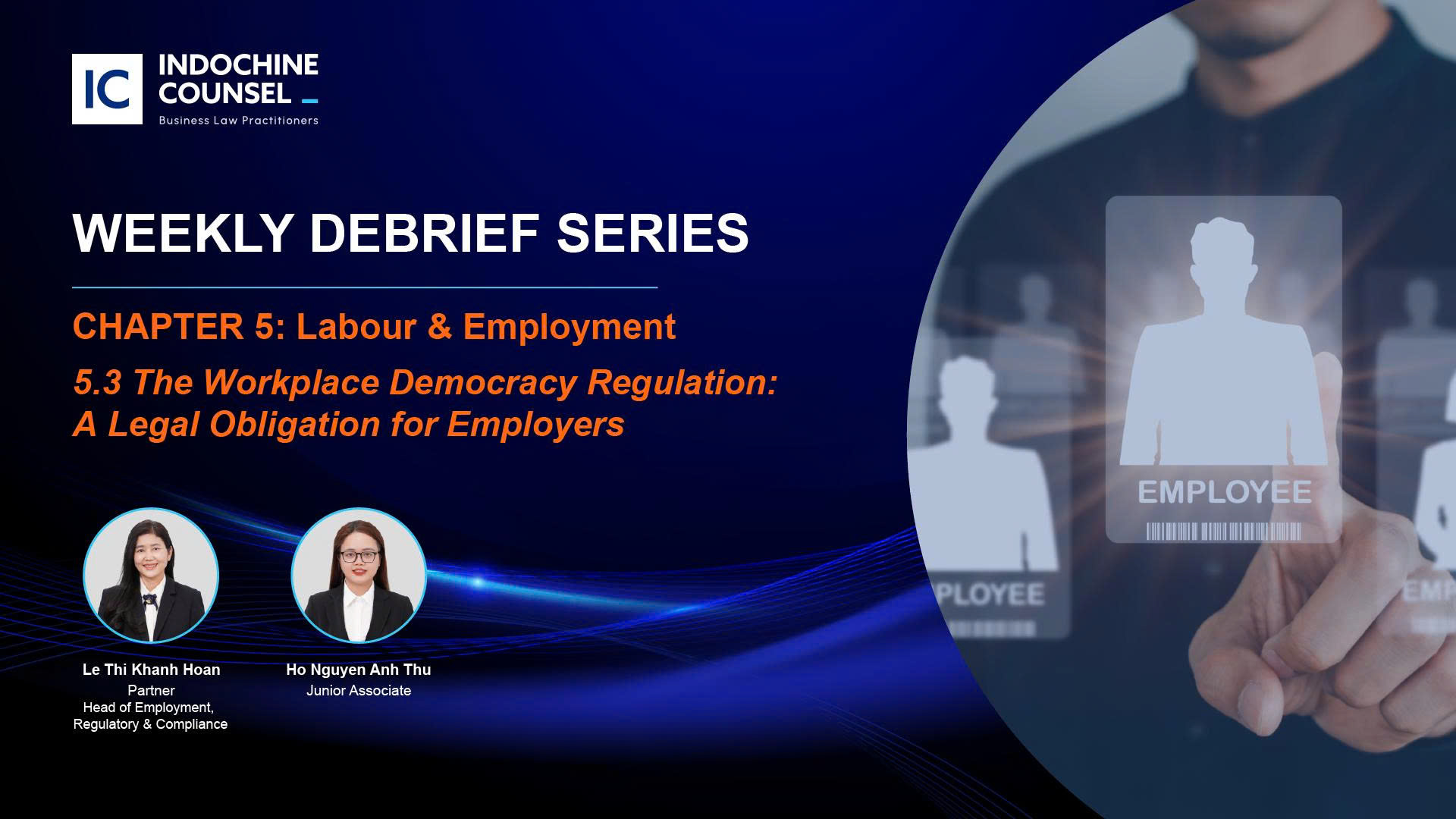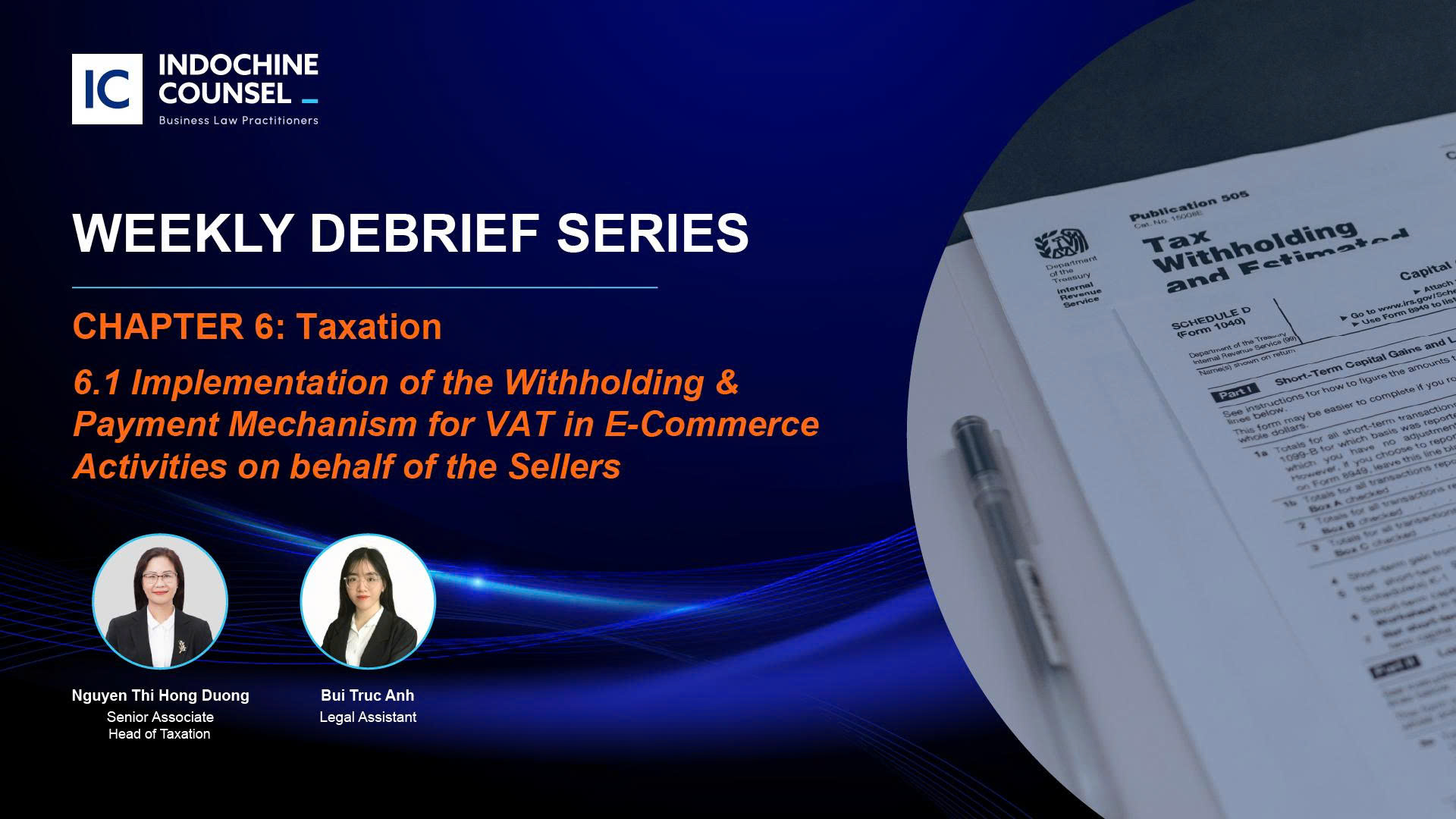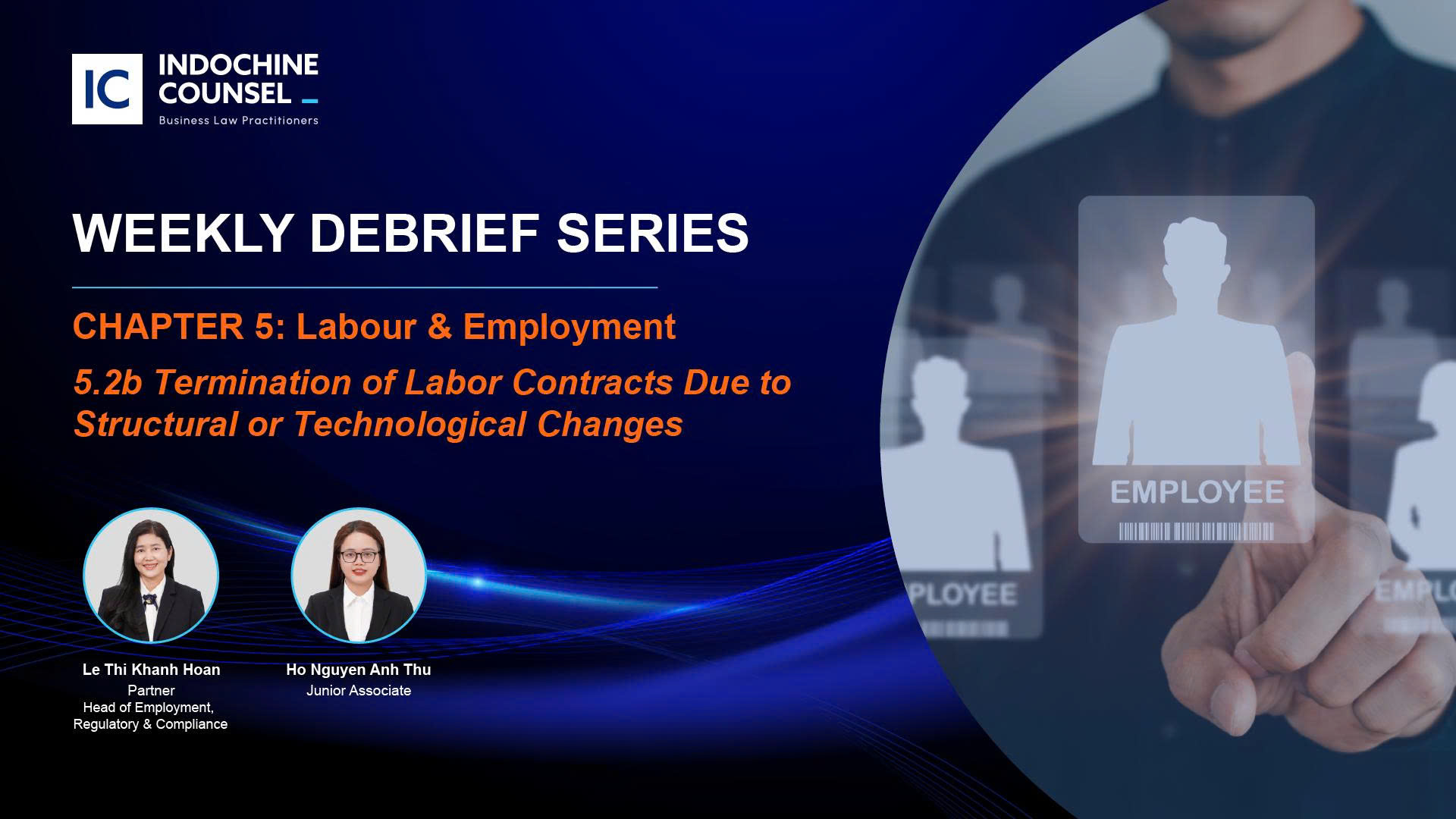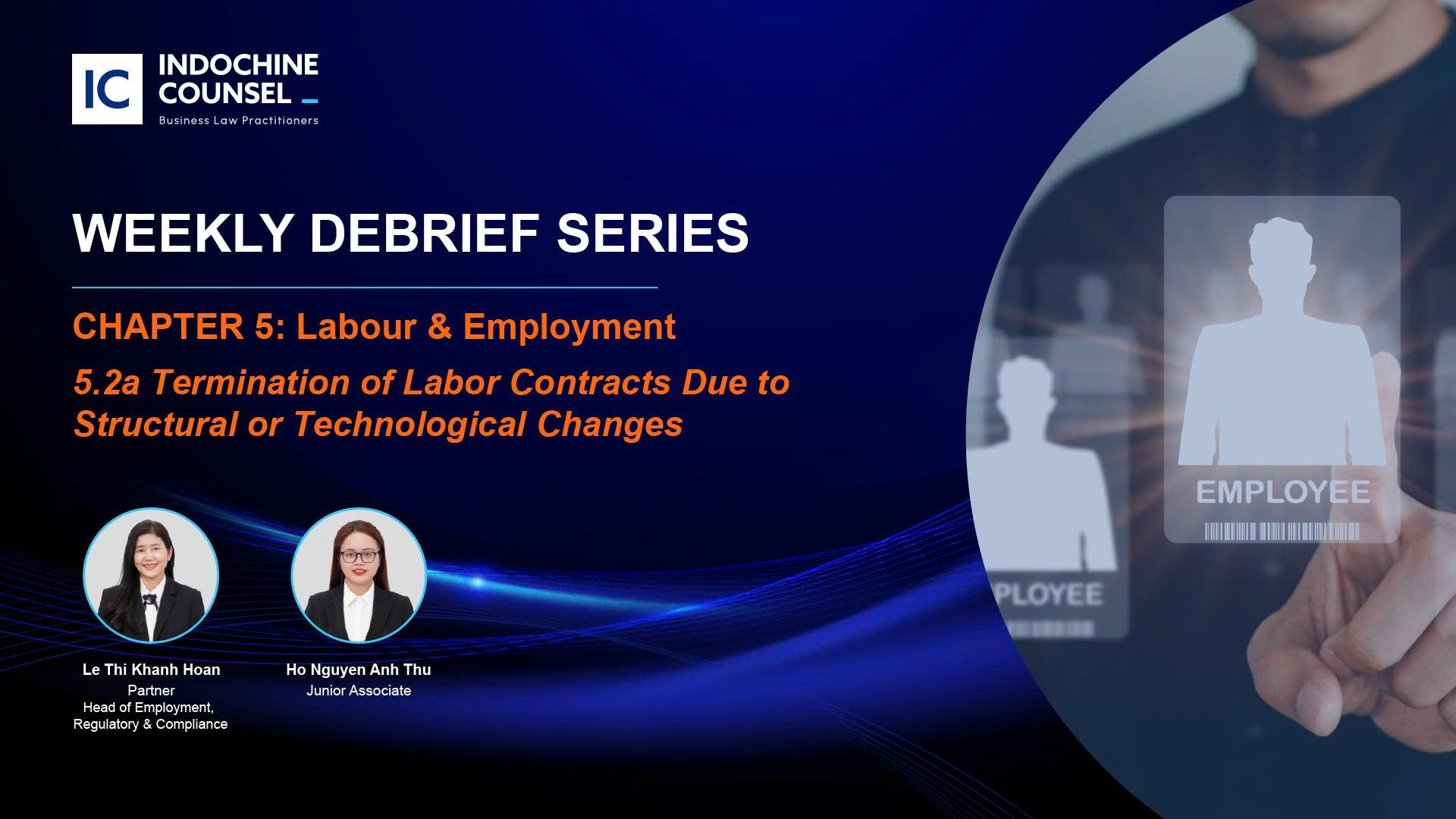
From a legal perspective, the Grassroots Democracy Regulation at the Workplace (the “Democracy Regulation”) is not a voluntary or discretionary initiative. Instead, it is a mandatory requirement under the Labor Code.
Non-compliance, whether by failing to develop, issue, or publicly disclose the Democracy Regulation, may reflect a serious lack of transparency in labor relations. More critically, it may expose significant legal risks, particularly in the event of labor disputes or during inspections or audits by competent authorities. While the legal framework governing this obligation is well-established, in practice, many employers still struggle to understand how to implement the Democracy Regulation correctly and in a manner that ensures it is legal, structured, and compliant. This gap between law and practice highlights the need for clearer guidance and greater awareness among employers regarding their responsibilities under the Labor Code.
Is Issuing the Democracy Regulation Mandatory for Employers?
Yes. Under current labor laws, employers are required to issue and implement the Democracy Regulation in the workplace. This requirement is aimed at ensuring compliance with obligations related to workplace dialogue and the practice of grassroots democracy. The only exception applies to employers with fewer than 10 employees, who are not legally mandated to develop the Democracy Regulation.
What Are the Core Contents of the Democracy Regulation?
Information to be disclosed, consulted on, decided by, or monitored by employees
-
Information the employer must disclose and the forms of disclosure, including: Business and production performance; Internal labor regulations, collective labor agreement; Trade union dues, social insurance, health insurance, unemployment insurance contributions, etc. (excluding information classified as state or business secrets).
-
Information subject to employee consultation and the forms of consultation, including: Development and revision of salary scales, labor norms; Proposals for collective bargaining; Proposals for cost-saving solutions, productivity improvements, workplace conditions, environmental protection, fire and explosion prevention.
-
Contents and forms are decided or monitored by employees, depending on internal policies and the applicable democratic mechanisms.
Organization of the Employee Conference
Employers must clearly define the scope and content, procedures and participating parties of the Employee Conference in the Democracy Regulation.
Workplace Dialogue Mechanism
The Democracy Regulation must specify the principles, methods, timing, responsibilities, and circumstances requiring regular or ad hoc workplace dialogues between employers and employees.
When Does the Democracy Regulation Become Especially Important?
In addition to the mandatory annual workplace dialogues, employers are required to conduct ad hoc workplace dialogues upon the request of either party or in the following specific cases:
-
Issuance of performance appraisal rules, serves as a basis for justifying the unilateral termination of labor contracts due to poor performance.
-
Termination of labor contracts as a result of structural changes, technological shifts, or economic reasons.
-
Formulation of employee utilization plans.
-
Development of salary scales, payroll tables, and labor norms.
-
Issuance of bonus policies.
-
Issuance of internal labor regulations.
-
Temporary suspension of an employee for investigation into disciplinary violations.
By developing and implementing comprehensive and legally compliant Democracy Regulation, employers not only fulfill a statutory obligation but also promote a more open, transparent, and cooperative workplace culture.
Are There Consequences for Non-Compliance?
Yes. Failing to comply with legal obligations related to the Democracy Regulation can lead to both legal and operational consequences for employers. According to current regulations, employers may face an administrative penalty ranging VND 10 Million to VND 20 Million in the following situations:
(i) Failure to develop, issue, or revise the Democracy Regulation in accordance with legal provisions;
(ii) Failure to organize periodic workplace dialogues or workplace dialogues upon request; failure to coordinate the organization of the employee conference;
(iii) Failure to disclose key contents of the workplace dialogues or the Democracy Regulation as required by law.
Conclusion
The Democracy Regulation at the workplace is far more than a mere administrative formality. It is a critical foundation for establishing a transparent, stable, and legally compliant working environment. In an increasingly stringent legal landscape, where employees are becoming more aware of their rights, proactively developing and implementing the Democracy Regulation goes beyond just about compliance. It serves as a strategic tool for effective human resource management, fostering open communication, mutual trust, and employee engagement. Moreover, it plays a vital role in minimizing legal risks, particularly during labor inspections or in the event of disputes.
—–
Seeking consultation or advice on labor regulations, contact our team via info@indochinecounsel.com or +84 28 3823 9640









